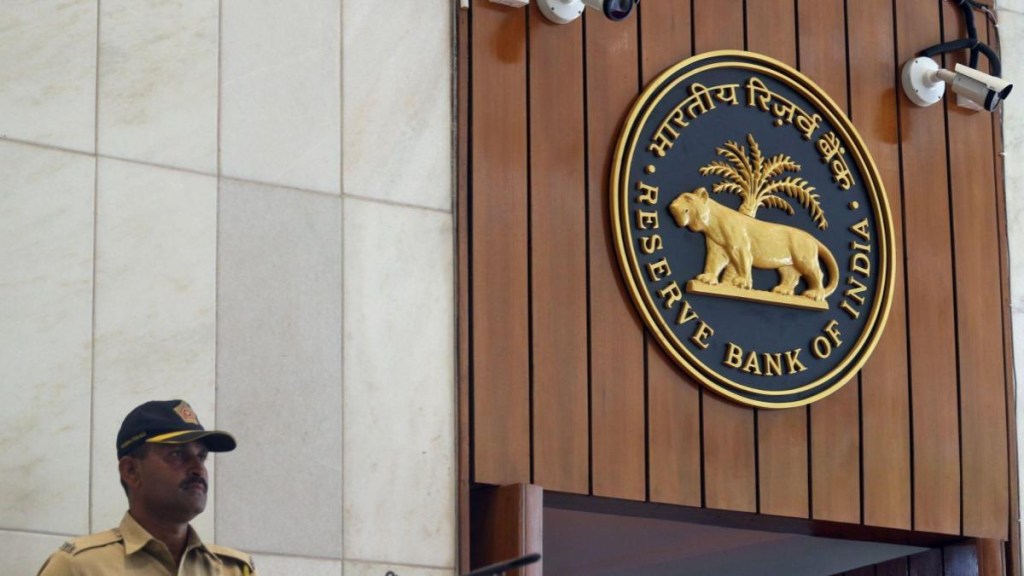The Reserve Bank of India (RBI) will allow rupee accounts to be opened outside the country this year in what appears to be a move to promote the use of the Indian currency overseas. The central bank will allow lending in rupee by Indian banks to persons resident outside India. The RBI will also enable foreign direct investment and portfolio investment through special accounts, such as special non-resident rupee and special rupee vostro accounts, it said in its annual report released Thursday.
Besides, it will promote the use of the rupee and other domestic currencies in the Asian Clearing Union (ACU) mechanism,” the RBI said.
“As part of the RBI’s quest for enhancing the role of the rupee globally, and given the department’s (the department of external investments and operations) unique position in assessing the international economic and monetary environment, it would work towards further internationalisation of the INR,” the RBI’s annual report said.
With the objective of promoting bilateral trade in local currencies, the RBI in July 2022, had permitted banks to open and maintain Special Rupee Vostro Accounts (SRVAs) for partner banks from other countries.
The efforts to internationalise rupee have gained momentum after an RBI-appointed working group, in July 2023, recommended various measures to accelerate the pace of internationalisation of local currency. The inter-departmental group (IDG), headed by RBI executive director Radha Shyam Ratho, had said that non-residents should be allowed to open rupee account as the ability to open accounts outside the country of the currency is a foundational element of the internationalisation of a currency.
In July 2022, the RBI asked banks to put in place additional arrangements for export and import transactions in the rupee in view of the increasing interest of the global trading community in the domestic currency. A year later, in November 2023, the RBI permitted banks to open additional current accounts for export proceeds in addition to special rupee vostro accounts with a view to providing greater operational flexibility to exporters.
“These are small but positive steps through which they are testing the waters to know that how many people will use this facility,” said Madan Sabnavis, chief economist, Bank of Baroda. “We may not see many takers for these facilities right now, but these are enabling steps which are aimed at opening the doors for future transactions,” he added.
The government has also signed agreements with seven countries to make Unified Payments Interface, commonly known as UPI, allowing Indian citizens to transact in local currency.
